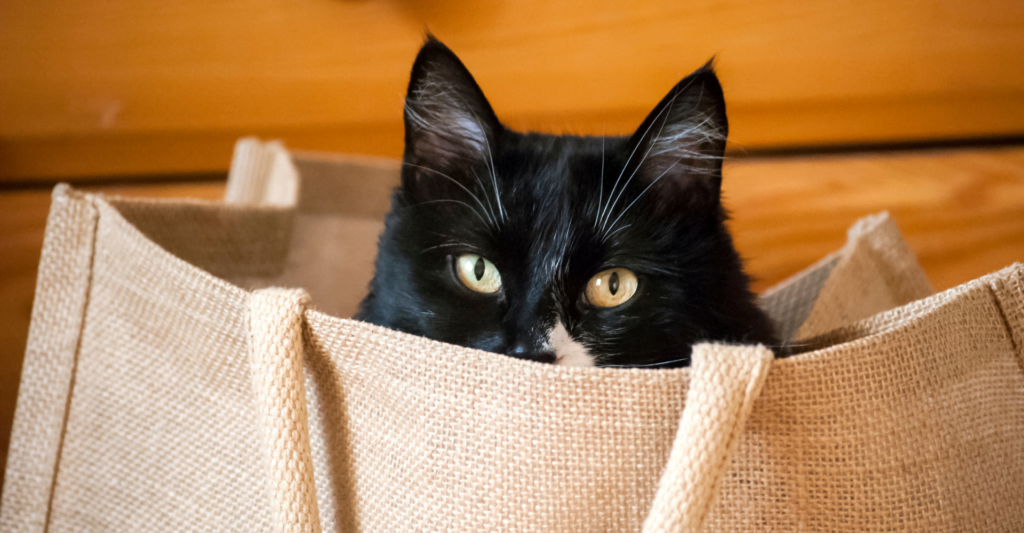
March is Pet Poison Prevention Awareness Month. Most pet parents would likely say they’re good at keeping hazardous substances away from their pets, but consider this: not all toxins are obvious, and many pets are extremely determined to get to them!
Two of the most important factors in pet poisonings are the size of the pet and the amount of toxin ingested. The smaller the pet, the less is needed to cause serious harm. Accidental spills, dropped pills, and well-meant bouquets can spell disaster for dogs and cats if they’re consumed.
Common Household Toxins
As the saying goes, knowing is half the battle, so read up on some the most common pet health hazards that could be in your home:
- Over-the-counter medications: Even small amounts of ibuprofen (Advil), acetaminophen (Tylenol), or naproxen (Aleve) can cause serious stomach and intestinal ulcers, as well as kidney failure.
- Prescription medications: Anti-inflammatory and pain medications, antidepressants, and blood pressure medications are especially dangerous, due to the risk of neurological problems like seizures, elevated heart rate, blood pressure, and body temperature.
- THC: THC is the psychoactive compound found in many cannabis products. Pets are more sensitive to THC than humans, and they can experience intoxication at much lower doses.
- Chocolate: Chocolate contains a chemical called theobromine, as well as caffeine, neither of which dogs can metabolize. The darker the chocolate, the more theobromine there is, and the more toxic it is.
- Xylitol: A sweetener used most often in sugar-free foods, xylitol causes a rapid drop in blood sugar, resulting in weakness and seizures.
- Rodenticides: In some cases, pets may find and ingest the poison itself, and in others, particularly with cats, exposure may occur when a poisoned rodent is eaten.
- Cleaners and chemicals: It may seem obvious, but most cleaning products and chemicals, from antifreeze to pool and hot tub products, are dangerous – and sometimes oddly appealing to pets.
- Plants: Lilies, tulips, daffodils, and sago palms are high on the list of houseplants and flowers that are toxic to pets, from bulb to bloom.
- Foods: Grapes, raisins, onions, garlic, macadamia nuts, and cherries top the list of foods that you need to grab fast if they fall on the floor. (This is where the “Drop it” command comes in handy!)
Signs & Symptoms
Pets who have been poisoned may behave strangely, or they may only exhibit mild symptoms. They can include:
- Vomiting or diarrhea, particularly with blood present
- Excessive drooling
- Inappetence
- Lethargy or restlessness
- Pale gums
- Seizure or tremors
- Collapse
Two resources we recommend all pet parents have on hand to learn the warning signs of accidental ingestion are:
ASPCA Animal Poison Control Center
Pet Poison Helpline*
Guardian Is Always Here to Help Your Pet
Make no mistake: toxin ingestion is a veterinary emergency, and every minute counts for your pet’s prognosis. If you suspect your pet has ingested something poisonous, call us at 914-704-3400. We are available 24 hours a day, 365 days a year. Our fully equipped animal hospital is staffed around the clock by highly trained and experienced emergency veterinarians and veterinary technicians.
No appointment is ever necessary for emergency care—just come into our hospital at 4 Hardscrabble Heights in Brewster, New York, at any time, day or night.

